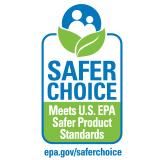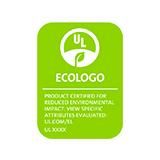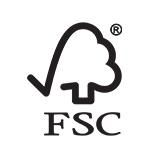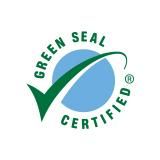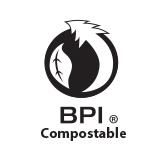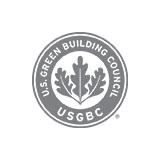Better for business, the community and the world.
We’re committed to helping you achieve all your goals. One of the most important is protecting our shared
world. From green products to responsible cleaning programs, from waste reduction to certification
support, we’ll bring you the latest tools and techniques for sustaining wholesome buildings, vibrant
ecosystems and a healthy bottom line.
Green Product Glossary
Biodegradable products will eventually break down when exposed to sunlight and water in a natural
environment. Since most garbage goes to tightly packed landfills that prevent exposure, the term may be
confusing. Biodegradable materials include those that can be composted.
Carbon footprint refers to all the greenhouse gas emissions, such as carbon dioxide and methane, that are
associated with a product throughout its lifecycle from extraction of raw materials until final disposal.
Compostable products break down in an industrial composting facility to produce material containing soil-
rich nutrients in the form of microorganisms, with no toxic residues. Composting is a human-assisted
process, but these items may also biodegrade eventually in a natural environment. Compostable products
include PLA, paper, cardboard, bagasse and molded fiber.
Recyclable products can be collected and reprocessed to produce new items. Common recyclable
materials are paper, cardboard, plastic and aluminum.
Recycled content refers to a percentage of recovered/recycled material that is incorporated into a new
product. The material can be post-consumer (collected after consumer use) or post-industrial (collected
during the manufacturing process). Materials containing recycled content include paper, cardboard, certain
plastics and aluminum.
Renewable resources are plant-based materials that can be grown again and again. These materials
include PLA, wood-based products such as paper, cardboard, bamboo, sugarcane and waste/byproducts
from those materials.
Reuse is using an object or material again, either for its original or another purpose, without significantly
altering its physical form. Reuse is not recycling, since recycling alters the physical form of an object or
material. Reuse is considered to be a form of waste prevention.
Source reduction, also known as waste prevention or pollution prevention, is the design, manufacture,
purchase or use of materials and products with the goal of reducing the amount or toxicity of materials that
are discarded. Examples include right-sizing can liners and using coreless toilet paper.
Sustainable products provide environmental, social and economic benefits while protecting public health
and the environment over their whole lifecycle, from the extraction of raw materials until final disposal.
Let's partner to build a more productive, sustainable and profitable business.
Let’s work together to understand your unique challenges. To devise perfect-fit solutions. To help your people become more efficient and effective every day.
